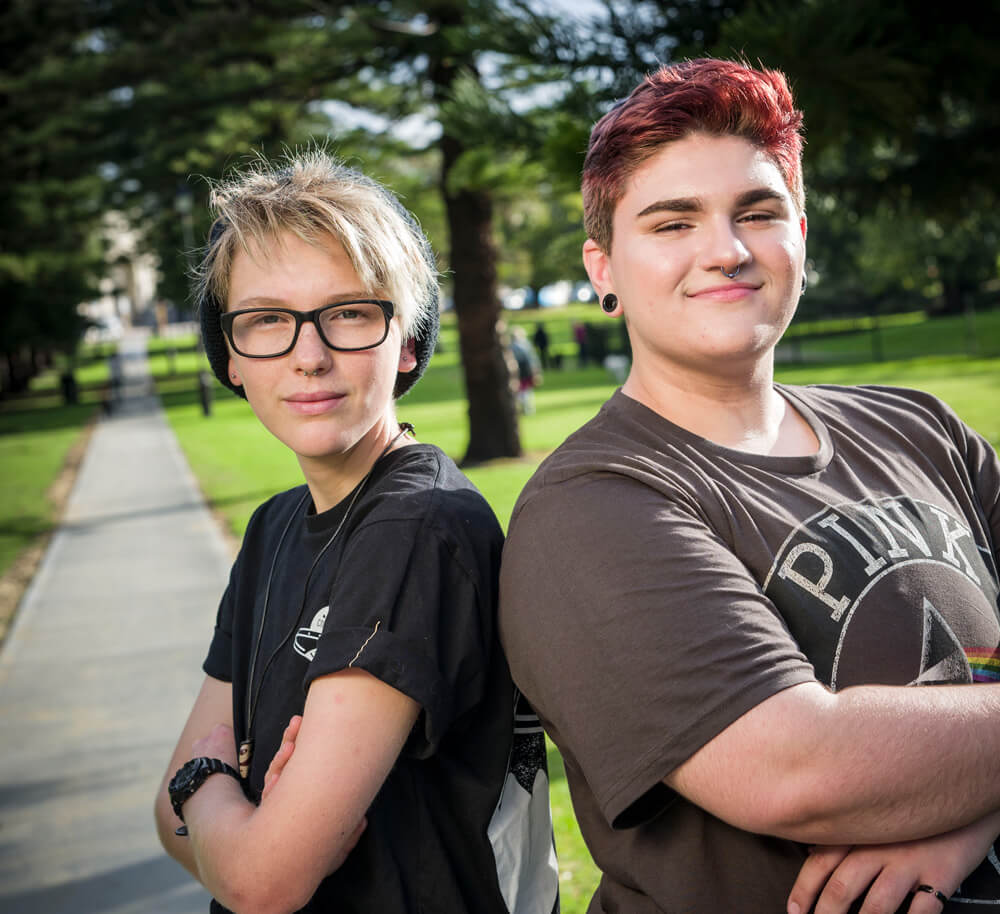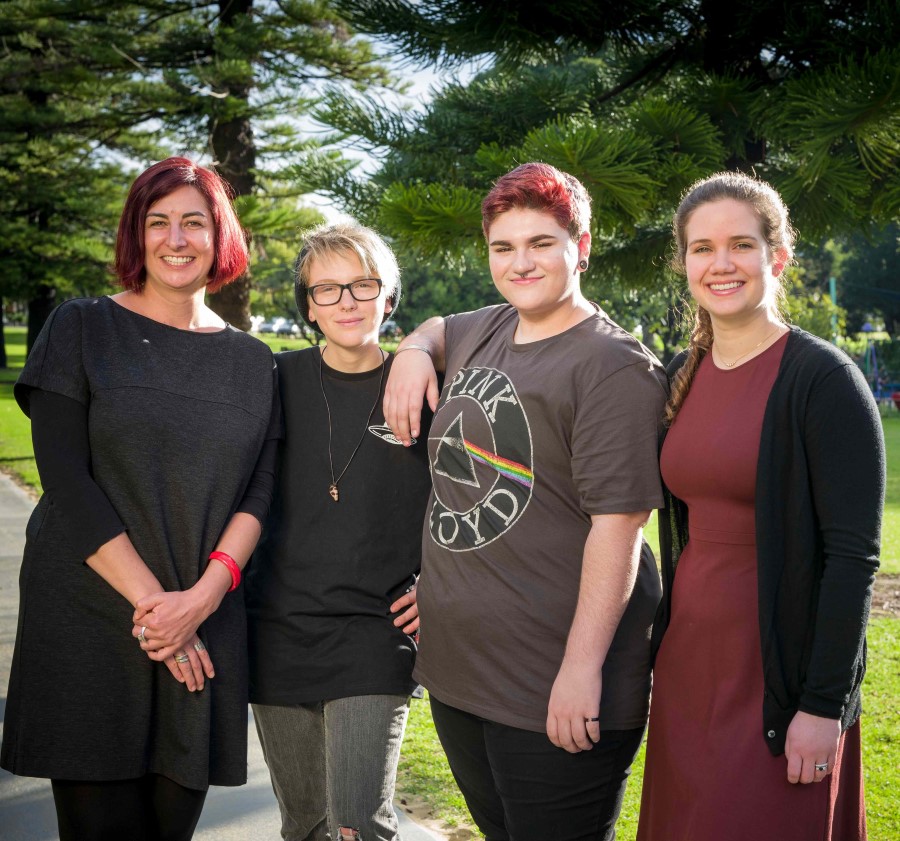Search

News & Events
Young people suggest anti-smoking style interventions for energy drinksResearchers conducted a series of group interviews with young people to find out how much they knew about energy drinks and the consequences of drinking them.

News & Events
Trans Pathways breaks down barriers for Trans YouthWhen Trans Pathways ambassador Drew, 17, came out as trans three years ago, the biggest hurdle for him was the availability of services and the time it took to access support.

News & Events
Directing immune development to curb sky-rocketing diseaseOnce upon a time it was infectious diseases like polio, measles or tuberculosis that most worried parents. With these threats now largely under control, parents face a new challenge – sky-rocketing rates of non-infectious diseases such as asthma, allergies and autism.

News & Events
Trans Pathways provides evidence base to improve mental health of Trans YouthA ground-breaking survey by The Kids researchers has become the new reference point to guide policy change and educate health providers to better support trans and gender-diverse youth in Australia.

News & Events
Trans young people can benefit from puberty suppressionA major review by WA researchers has found medication used to suppress puberty can improve the mental health of young people who are trans or gender diverse.
Research
Teaching Kitchens: An innovative program for enhancing self-management skills in adolescents living with type 1 diabetes (T1D) – A feasibility studyAdolescents living with type 1 diabetes (T1D) are faced with unique challenges to nutrition management. The current Perth Children's Hospital (PCH) T1D management model includes individualised education at diagnosis and annual reviews. Currently, no group education is provided to develop self-management skills for healthy meal preparation. Teaching Kitchens offers a skills-based program in food literacy and nutrition. This feasibility study explored if a Teaching Kitchens program at PCH engaged adolescents aged between 13 and 17 years, living with T1D.
Research
Contributions of digital technologies for resilience capacity in a type 1 diabetes transition clinic: A qualitative studyA type 1 diabetes (T1D) transition clinic in Sydney, Australia, provides age specific care for young adults (aged 16-25 years) and for adults (aged 21 years and above), and has reported improved clinical outcomes post transition to adult care over a 21-year period. This study investigated the contribution of digital technology to long-term resilient capacity of the clinic.
Research
Disparities in Diabetes Technology Uptake in Youth and Young Adults With Type 1 Diabetes: A Global PerspectiveGlobally, nearly 9 million people are living with type 1 diabetes (T1D). Although the incidence of T1D is not affected by socioeconomic status, the development of complications and limited access to modern therapy is overrepresented in vulnerable populations. Diabetes technology, specifically continuous glucose monitoring and automated insulin delivery systems, are considered the gold standard for management of T1D, yet access to these technologies varies widely across countries and regions, and varies widely even within high-income countries.
Research
The impact of child maltreatment on the risk of deliberate self-harm among adolescents: A population-wide cohort study using linked administrative recordsThis study calls for the early identification of children who are vulnerable to maltreatment, the better identification of the duration and severity of maltreatment experiences, and the provision of continued care and support, to reduce the child's deliberate self harm risk in adolescence.
Research
Feasibility of assessing diet with a mobile food record for adolescents and young adults with down syndromeThe aim was to assess the feasibility of assessing diet with an image-based mobile food record application in 51 adolescents and young adults with Down syndrome.
